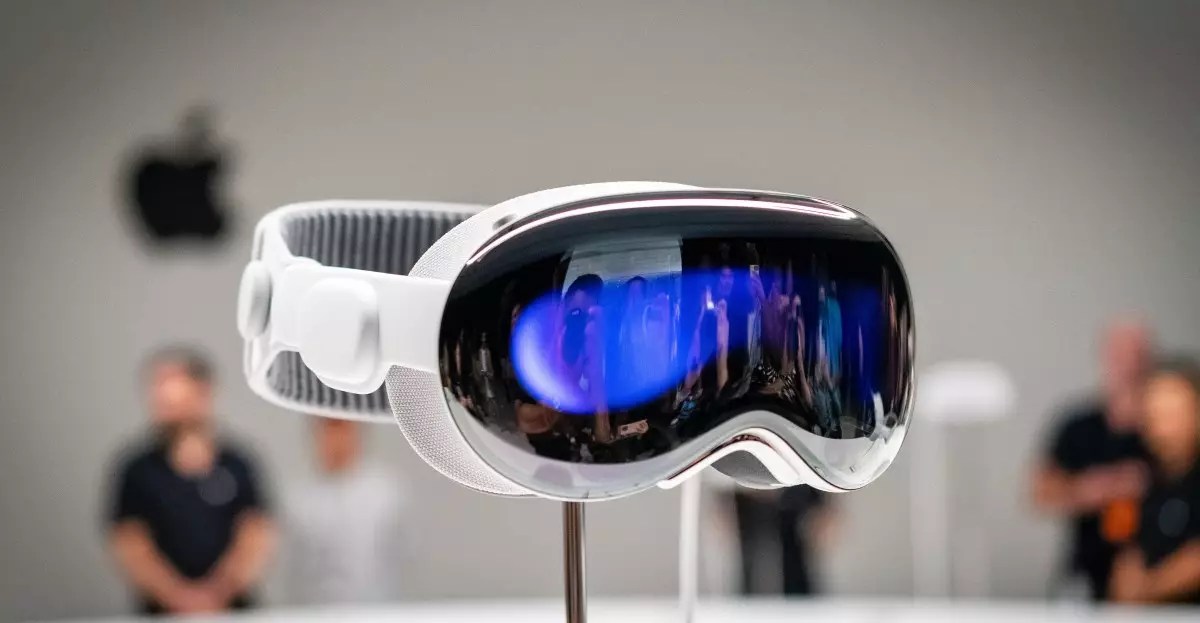In the fiercely competitive world of technology, proprietary information is a company’s most valuable asset. The recent lawsuit against a former Apple employee exemplifies how grave the consequences can be when such assets are compromised. When an engineer allegedly downloaded thousands of confidential files before transitioning to a rival firm, it highlighted the intense tensions between safeguarding innovation and employee mobility. This case underscores a broader issue—a continuous struggle within the tech industry to balance talent retention with the protection of trade secrets. As companies invest billions in R&D, the threat of data theft looms large, and legal battles are increasingly becoming the frontline of defending corporate innovation.
The crux of the issue lies in the perceived intent and the proactive measures organizations undertake to prevent leaks. Apple’s allegations suggest deliberate misconduct by the employee, who is accused of not only copying sensitive information but also attempting to conceal his activities. This level of premeditation reveals the frets companies face when insiders choose to exploit their access for personal or competitive gain. It’s a stark reminder that, despite advanced security protocols, motivated insiders can find ways to circumvent controls, emphasizing the importance of continuous vigilance and the need for an evolving security landscape.
Legal Warfare and Its Implications
Legal proceedings such as the current Apple lawsuit serve as both a shield and a sword. They aim to deter potential misconduct while seeking to recoup damages when breaches occur. However, such cases also illustrate internal vulnerabilities within prominent organizations. Apple’s decision to pursue damages and to restrict the employee’s ability to retain stolen files is a direct effort to set legal boundaries and reinforce internal policies. The fact that Apple has a history of litigating against former employees for similar infringements reveals a strategic pattern: safeguarding their innovation isn’t just about defense but also about setting a precedent.
The impact of these lawsuits extends beyond the specific cases—they shape industry standards and influence how companies handle employee transitions. The delay in revoking access and the employee’s subsequent ability to copy confidential data highlight procedural gaps that can be exploited. For employers, this emphasizes the necessity of implementing airtight offboarding practices, including immediate account deactivation and real-time monitoring of data transfers. From a legal perspective, these cases often stir debates about the scope of employee rights versus corporate security, raising questions about the limits of surveillance and employer control.
Strategic Outcomes and Ethical Considerations
At the heart of these confrontations lie complex ethical and strategic dilemmas. Is the current legal approach sufficient to deter intellectual property theft, or does it risk creating a climate of mistrust that hampers innovation? Companies like Apple argue that rigorous enforcement sends a clear message—proprietary data must be protected at all costs. Yet, critics contend that overly aggressive tactics might stifle employee mobility or innovation, especially when workers feel their rights are compromised or fear retaliation.
Furthermore, these legal skirmishes shed light on the importance of fostering an ethical corporate culture. Prevention begins with cultivating an environment where employees understand the value of confidentiality and are incentivized to protect company assets. Clear communication about intellectual property rights, combined with comprehensive training, can reduce instances of inadvertent breaches. Conversely, punitive measures against blatant misconduct serve as the last line of defense and a warning to others.
In the broader landscape, this case invites reflection on whether current legal strategies sufficiently address modern technological complexities. As data becomes an increasingly central commodity, the stakes are higher than ever. The tech industry must grapple not only with defending its innovations but also with establishing sustainable, ethical standards that respect employee rights while protecting corporate interests. Only through a balanced approach—integrating robust security measures, legal rigor, and ethical leadership—can companies hope to navigate this delicate terrain successfully.

